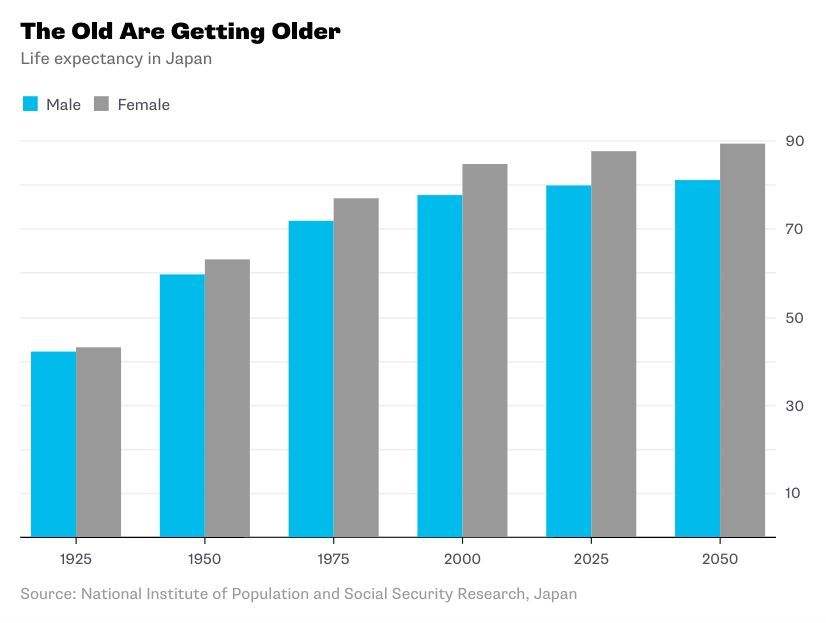Advertisement
The act of giving and receiving increases happiness: the receiver directly benefits from the gift, while the giver indirectly benefits through emotional satisfaction. Now, a new study published in the journal “PNAS” shows that societies with more sharing have a longer life.
Fanny Kluge and Tobias Vogt found there was a strong lining relationship between the generosity of a society and the average life expectancy of its members. The two researchers, from the Max Planck Institute for Demographic Research in Rostock, Germany, concluded that people live in societies where the more support the members have on each other, the longer they live.
 Fanny Krueger said, “In this study, for the first time, we combined transfer payments data from countries and households and assessed the effects of giving.” The researchers used data from 34 countries in the National Transfer Account Project. For countries, they list each person’s income and transfer spending over their lifetime.
Fanny Krueger said, “In this study, for the first time, we combined transfer payments data from countries and households and assessed the effects of giving.” The researchers used data from 34 countries in the National Transfer Account Project. For countries, they list each person’s income and transfer spending over their lifetime.
On the list of all countries, countries in sub-Saharan Africa, such as Senegal, have the lowest lifetime income percentages and the highest mortality rates. Expected lifetime is also the shortest. Although South Africa is more economically developed than other African countries, there is little reallocating of resources. There is also a higher mortality rate. Mortality rates for adolescence and young people up to the age of 20 were also higher in these countries than in the other countries. Funny Kluge said, “Our analysis shows that redistribution affects a country’s mortality rates regardless per capita GDP.”
Advertisement
The societies in western European countries and Japan give more resources to the youngest and oldest, and their mortality rate is low. South American countries also have high transfer rate. Over there, people share more than 60 percent of their average living income with others. Mortality rates are lower than in sub-Saharan Africa, but higher than in Western Europe, Australia, Japan, etc.
In France and Japan, which had the lowest mortality rates of all the countries analysed, normally citizen transfers between 68 and 69 per cent of his lifetime income to others. Over there, the risk of death in the next year for people over 65 is the half of that in China or Turkey, where on average 44 to 48 per cent of lifetime income will be redistributed.
Fanny Kluge said, “What I found something particularly interesting that the relationship we described between generosity and lifetime income did not depend on whether the benefits came from the state or the extensive family.” Compared to the societies with less transfer payment, both factors contribute to a longer life in population.
Advertisement
- Previous article
- A Game Boy that can be played forever without charging
- Next article
- Africa declared the total eradication of wild poliovirus
Advertisement
OTHER NEWS

How to Cure Auto-Brewery Syndrome
BY Anne

When do we reach our peak brain power?
BY Lisa

Blistering Hot Weather Release SOA Pollutants from Our Very Streets
BY Andrew

Apple VS Epic: The Reason for Their Lawsuit
BY Joyce

Choupette, Karl Lagerfeld’s Beloved Cat
BY Virginia

“Rich People’s Illness” and “Poor People’s Illness”
BY Theresa
RECENT NEWS
-

PUBG Mobile Esports Generated 200 Million Hours of Viewing in 2020
-

Mario Kart Tour Races to $200M revenue and 200M Downloads
-

Game Acquisitions Expand Globally in Q1 2021 with 280 Deals Worth $39 Billion Surpassing That in 2020
-

Free Fire Shows Strong Momentum, with Its Revenue Overtaking PUBG Mobile in a Single Market for Q1 2021
-

The Games Fund Launched a $50 Million Early Investment Fund to Invest in American and European Companies
-

How to Download and Install Wyze App for Free?

 1
1 1
1